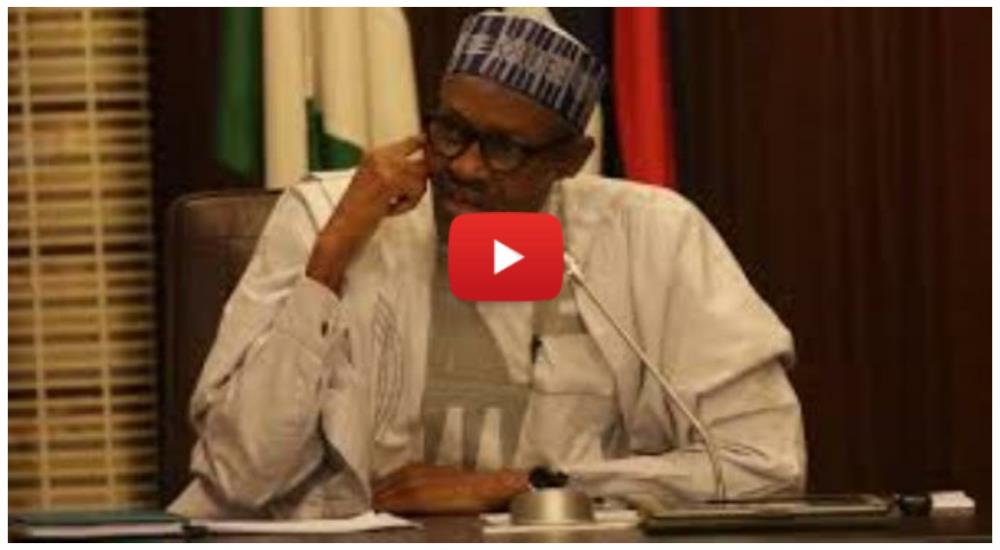FCT-IRS Projects N146bn IGR in 2018

The Federal Capital Territory Internal Revenue Service (FCT-IRS) is targeting the sum of N146 billion as Internally Generated Revenue (IGR) in 2018.
Chairman and Chief Executive Officer of FCT-IRS, Abdullahi Oteh Attah, revealed recently that this would be actualised through the introduction of Unique Taxpayer Identification Numbers, (TINs).
He said FCT-IRS worked in concert with various data management agencies and produced a robust taxpayer database from which TINs were assigned to every taxpayer in the FCT.
Over a million TINs had been generated for individuals in line with Section 7 (g) of the FCT-IRS Act of 2015.
According to Attah, an IGR of N19.6 billion was generated from the month of January to March 2018, though 50 percent of the remitted tax went to the Federal Inland Revenue Service (FIRS) in the first month when he assumed office.
He stressed that the Service intends to commence sending bulk text messages and emails to confirm the validation of taxpayers’ registration details in FCT and will also undertake the registration of enterprises, sole proprietors and partnership establishments.
“The bulk text messages and emails, contain basic taxpayer registration information and request each taxpayer to quote the taxpayer identification number in all communications with the Service. It is one of its kind in the country and expected to change the face of taxation by according unique and personal recognition to every taxpayer in the FCT whether employed or self-employed,” Attah said.
Similarly, he emphasised that FCT-IRS will follow the registration of companies with that of Ministries, Departments and Agencies (MDAs) clarifying that the purpose of the exercise is to install a verifiable and foolproof taxpayer database that guarantees efficient taxpayer in the FCT, whether employed or self-employed.
On the issue of dual taxation, the chairman noted that the absence of a regulation enabled multiple taxation in the past, saying the new Act was addressing the irregularity.
He said the new Act aims to have a unified tax collection system that will enable the streamlining of taxation services for relevant authorities and encourage taxpayers to embrace self-assessment procedure.
On collection, tenement rates collection, FCT-IRS Secretary, Harisu Umar, said the issued had become controversial in the FCT and required a political solution rather than a legal solution.
According to him the same constitution which empowers the Local Government Councils to collect tenement rates, also provides that they could not do it until there was an Act of the House of Assembly that defines the mode of assessment, collection and enforcement of the rates.
He further added that the National Assembly which is the House for the FCT has not passed any of such Act to empower the Area Councils to collect tenement rates, which informs why some residents and stakeholders feel that Abuja Municipal Area Council (AMAC) cannot collect tenement rates in the absence of the Act of the National Assembly.









